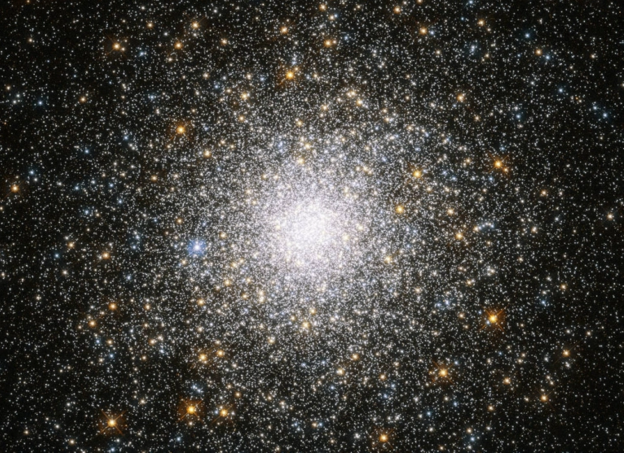Nobody really knows if there are other ‘Earths’ out there
By Mike Wehner From BGR

Are there other Earth-like planets out there in the cosmos? We simply don’t know. Scientists have been peering into space for centuries and, thanks to advancing technology, we have spotted other worlds that might be capable of supporting life, but the evidence is sorely lacking.
To help answer the question, researchers from UCLA came up with a new framework for analyzing the makeup of exoplanets using data from the W. M. Keck Observatory and other high-powered telescopes. Based on their observations, the researchers are making a rather bold declaration: Earth isn’t terribly unique.DON’T MISS10 deals you don’t want to miss on Sunday: $9 Echo Dot, $8 wireless charger, $140 robot vacuum, hidden spy cam, more
The researchers focused on nearby white dwarf stars and the rocky material that orbits them. By studying the light coming from these systems, scientists can determine what elements are abundant. This reveals the composition of the rocky bodies that orbited the star, offering a clue as to what kinds of planets or objects orbited it.
“By observing these white dwarfs and the elements present in their atmosphere, we are observing the elements that are in the body that orbited the white dwarf,” Alexandra Doyle, a UCLA graduate student that led the study,explained. “Observing a white dwarf is like doing an autopsy on the contents of what it has gobbled in its solar system.”
The researchers found that elements like silicon, carbon, and oxygen were present, along with hydrogen and helium. This list of “ingredients,” so to speak, matches up well with our own planet, and suggests that worlds with a similar makeup aren’t terribly rare.
That being said, Earth is the only planet that we know of that hosts life in any form. Astronomers have observed planets both in our own system and elsewhere and, as far as we know, we really struck the jackpot with this blue marble we call home. Rocky worlds with a similar composition to Earth aren’t a guarantee when it comes to finding life, and countless other factors — distance from a star, type of star, an abundance of water, etc. — are believed to play major roles as well.
Rocky worlds like our own being common doesn’t necessarily mean we’ll find life on any of them, but it’s still an interesting data point as we continue our search for life beyond Earth.
Image Source: NASA/ESA
For more on this story go to; https://bgr.com/2019/10/20/is-earth-unique-exoplanet-study/





